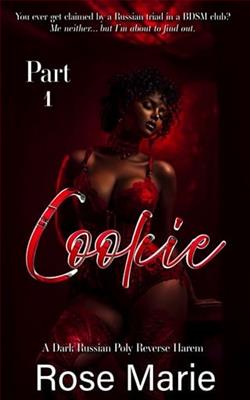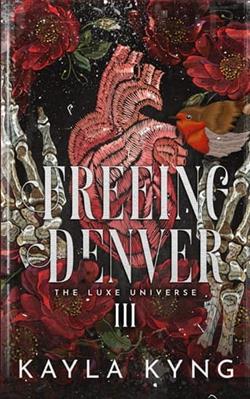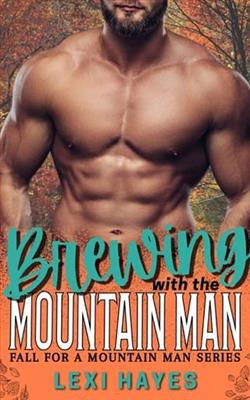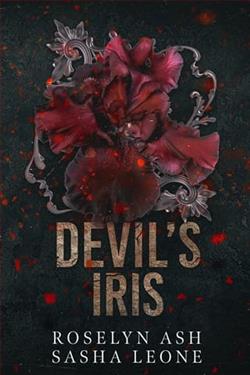Page 39 of Gilded Saint
The panini press clatters on the counter. She startles at the sharp sound. “Sorry,” I mutter. The cabinet door slams loudly. Everything I’m doing is too loud. “Can you pick some music?”
We need something to soften the quiet. Up here on the forty-first floor, there are no city sounds. No birds. The thick glass walls and metal support beams muffle the occasional jet that roars past.
“What kind of music do you like?”
I suppose her question is harmless. Can’t recall Nick ever asking about my music choice, although I’d bet he assumes I have a thing for country, given my theoretical Texas roots.
“Alternative rock. You?”
“Indie. World.”
She’s perched on the island like a big-eyed bird, inquisitive but on edge. I have the sense that if I stepped up to her too quickly, she’d flee.
“Play something you like,” she says.
I pull out my phone, set it on the counter, and select a recent playlist. Death Cab for Cutie falls into the first rotation. Ben Gibbard croons on about taking a picture to remember this by and a déjà vu sensation hits. Or maybe that’s not the right term. The sensation I feel is of playing a role in a film that will be over all too soon.
The cheese sizzles on the pan, breaking me from my somber thoughts. I go to pull out a knife and notice two walnut cutting boards propped against the counter. Those are new. I take one and place the panini on it.
“I like this song,” she says.
“It’s a good one. One of the band’s best.”
“What’s it called?”
“‘Pepper’.”
“I’m going to write it down,” she says. “Great lyrics.” I slide a plate with half a melted meat and cheese panini over to her. “Is that how you listen to all music? On your phone?”
The flat is wired with a sound system. I could easily hook up a service and speak out loud to an Alexa or Siri and have music playing through every room. But I’d rather not open myself up to a hack.
“You lived with your parents before me, right?”
Her lashes flutter, and I get the sense my topic change threw her, but she settles and smiles. It’s a soft smile, one that highlights her innocence and youth.
“I did. Well, I lived in Florence for four years. But yes, after I finished my art program, my father…he expected me to return home.”
“By the ocean?”
“Well, where we met was one of our seaside homes. The house I grew up in is farther north.”
I recall seeing the Gagliano estate on a map. The satellite view shows mostly trees, roads, and some significant buildings. The secure compound rests on a higher elevation with a cliff bordering the ocean.
“How is London treating you? Missing Italy yet?”
She loops a golden curl behind her ear. Sitting on the stool beside her, I’m higher than she is. She parts her hair down the middle of her scalp, leaving a clear dark line on both sides of her dyed blonde strands. But the smile on her face, it’s genuine.
As she talks about the differences between London and Italy, I can’t help but wonder why she’s smiling. What lights her up from the inside? Is it that she’s been lonely here for two weeks and she’s relieved to have someone to converse with? Does her excitement brim from living in a new city, or from living on her own?
“What brought you to London?” I have a mouthful of panini when she asks, which buys me time.
“Job,” I answer. Anyone she asks will corroborate, as it’s the truth.
“And how does London compare to America?”
Oh… My first thought is of California. The Pacific. But then I think of Asheville, where my sisters are. And Rocky Mount, the small town I grew up in. It’s a different place these days. All the places I’ve spent time in keep changing.
“That’s not an apples-to-apples comparison. You’d need to pick a city within America and almost any city other than New York City is big-time smaller. London’s energy, the variety of neighborhoods, the history, there’s nothing in the United States that’s comparable. New York, perhaps. But London beats it on the history front by centuries.” Of course, I like it as a base for pragmatic reasons. “London is convenient for travel.”















